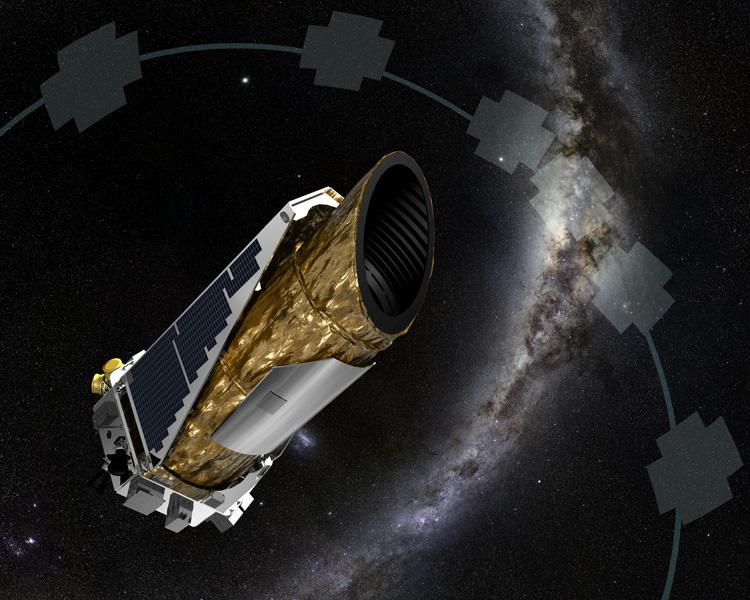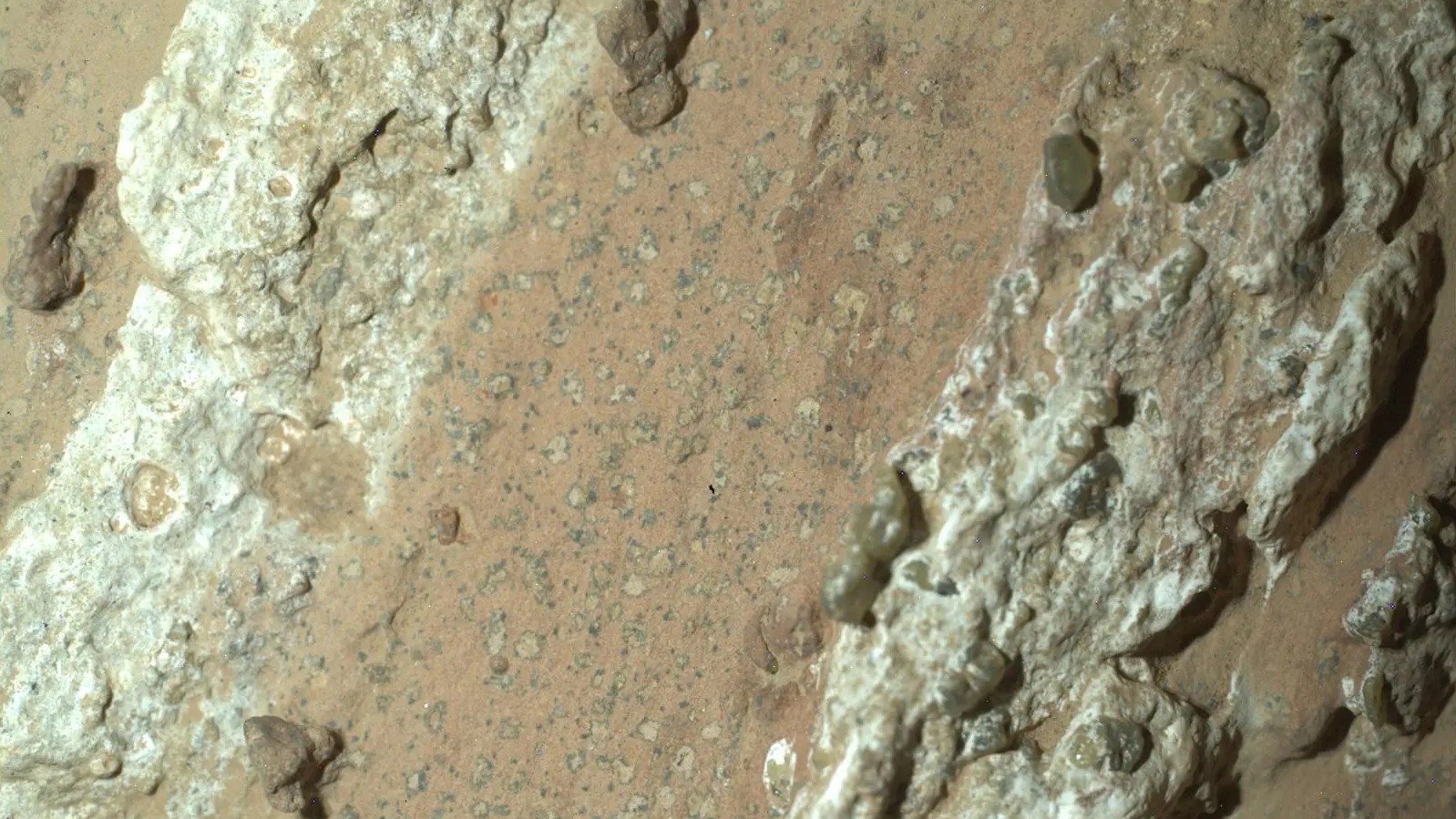NASA's Kepler finds massive alien planet 180 light years away


A free daily email with the biggest news stories of the day – and the best features from TheWeek.com
You are now subscribed
Your newsletter sign-up was successful
NASA's Kepler space telescope has discovered its first alien planet since malfunctioning in May 2013, and it's a big one: HIP 116454b is a "super Earth" about 20,000 miles wide and 12 times more massive than our planet.
"Like a phoenix rising from the ashes, Kepler has been reborn and is continuing to make discoveries," Andrew Vanderburg, the lead author of a study on the discovery, said in a statement. "Even better, the planet it found is ripe for follow-up studies."
This alien planet is 180 light years away from Earth in the Pisces constellation, and its density suggests it is either a "mini Neptune" with a thick atmosphere or a water world, Space.com reports. Kepler was launched in March 2009 with the goal of finding out how often Earth-like planets occur around the Milky Way, and so far it has found almost 1,000 confirmed planets and 3,200 "candidates."
The Week
Escape your echo chamber. Get the facts behind the news, plus analysis from multiple perspectives.

Sign up for The Week's Free Newsletters
From our morning news briefing to a weekly Good News Newsletter, get the best of The Week delivered directly to your inbox.
From our morning news briefing to a weekly Good News Newsletter, get the best of The Week delivered directly to your inbox.
A free daily email with the biggest news stories of the day – and the best features from TheWeek.com
Catherine Garcia has worked as a senior writer at The Week since 2014. Her writing and reporting have appeared in Entertainment Weekly, The New York Times, Wirecutter, NBC News and "The Book of Jezebel," among others. She's a graduate of the University of Redlands and the Columbia University Graduate School of Journalism.
-
 Corruption: The spy sheikh and the president
Corruption: The spy sheikh and the presidentFeature Trump is at the center of another scandal
-
 Putin’s shadow war
Putin’s shadow warFeature The Kremlin is waging a campaign of sabotage and subversion against Ukraine’s allies in the West
-
 Media: Why did Bezos gut ‘The Washington Post’?
Media: Why did Bezos gut ‘The Washington Post’?Feature Possibilities include to curry favor with Trump or to try to end financial losses
-
 NASA’s lunar rocket is surrounded by safety concerns
NASA’s lunar rocket is surrounded by safety concernsThe Explainer The agency hopes to launch a new mission to the moon in the coming months
-
 Blue Origin launches Mars probes in NASA debut
Blue Origin launches Mars probes in NASA debutSpeed Read The New Glenn rocket is carrying small twin spacecraft toward Mars as part of NASA’s Escapade mission
-
 Dinosaurs were thriving before asteroid, study finds
Dinosaurs were thriving before asteroid, study findsSpeed Read The dinosaurs would not have gone extinct if not for the asteroid
-
 Africa could become the next frontier for space programs
Africa could become the next frontier for space programsThe Explainer China and the US are both working on space applications for Africa
-
 NASA reveals ‘clearest sign of life’ on Mars yet
NASA reveals ‘clearest sign of life’ on Mars yetSpeed Read The evidence came in the form of a rock sample collected on the planet
-
 SpaceX breaks Starship losing streak in 10th test
SpaceX breaks Starship losing streak in 10th testspeed read The Starship rocket's test flight was largely successful, deploying eight dummy satellites during its hour in space
-
 Rabbits with 'horns' sighted across Colorado
Rabbits with 'horns' sighted across Coloradospeed read These creatures are infected with the 'mostly harmless' Shope papilloma virus
-
 Why does the US want to put nuclear reactors on the moon?
Why does the US want to put nuclear reactors on the moon?Today's Big Question The plans come as NASA is facing significant budget cuts
